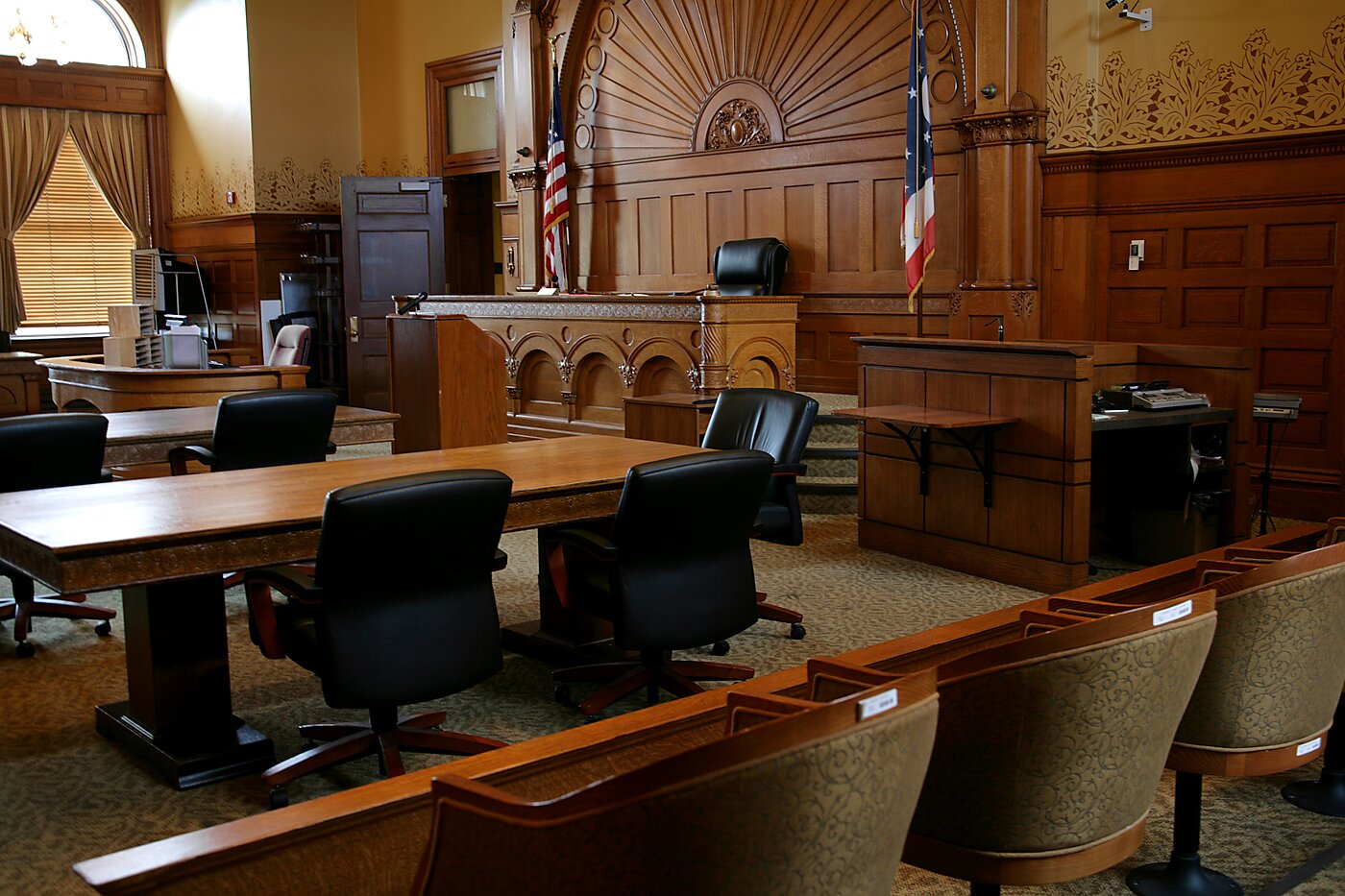
The Home Team Advantage: How DC Jurors Can Become a Bulwark Against Government Oppression
The prosecution of Sidney Reid is poised to be a pivotal test of constitutional justice, set against the backdrop of significant public friction following the presence of federal agents and their heavy-handed tactics in DC streets this past summer. The widespread unease among residents who witnessed these occupations directly impacts the right to a fair trial. Reid was charged in July with assault on an FBI agent when she videotaped the transfer of an alleged international gang member and scuffled with the agent.
The Constitution’s text is explicit, commanding that all federal crimes be tried by a jury. This is deliberately underscored in the Sixth Amendment, which guarantees the defendant the right to a public and impartial jury trial in the district where the crime occurred. This dual emphasis was no accident; by empowering citizen juries to serve in the communities in which they reside, the Framers embedded the conscience and context of the community directly into our criminal justice system.
Reid’s upcoming trial in the US District Court in DC will hinge in part on the Vicinage Clause, a crucial protection ensuring that jurors are drawn from the very community where the alleged crime took place. The Framers incorporated this clause to prevent jurors from being physically or culturally removed from the cases they adjudicate—seeking a jury with similar lived experiences and a deep understanding of the local context. In this case, many DC residents likely have strong opinions of or even personal experiences with the federal agents’ tactics that led to Reid’s arrest and the subsequent invasion of DC communities by federal agents.
Therefore, excluding those who have voiced concerns with the Trump administration’s approach would violate Reid’s Sixth Amendment right to an impartial jury.
Reid’s prosecution has been severely compromised by the highly questionable conduct of both federal prosecutors and the key witness. Under the leadership of Jeanine Pirro, the U.S. Attorney’s Office in DC has engaged in a disturbing pattern of bringing unfounded prosecutions, having made three bad-faith and unsuccessful attempts to indict Reid on felony charges. Reid, accused of assaulting an FBI agent who was allegedly making an immigration-related arrest, now faces a lesser—rarely charged—misdemeanor count, authorizing federal prosecutors to proceed without a grand jury’s stamp of approval.
Compounding this, the credibility of the alleged victim, FBI Special Agent Eugenia Bates, has been severely damaged by revelations that she referred to Reid as a “libtard” in text messages. Additionally, Bates divulged the minimal nature of her injuries—the minor scrapes received when Reid allegedly resisted arrest. This evidence of political bias, combined with the repeated failure to secure felony indictments, should compel any reasonable prosecutor to dismiss the charge. But Pirro is no reasonable prosecutor.
This fervent desire to secure a conviction at all costs has heightened federal prosecutors’ anxiety over jury nullification, which they noted in court filings. The Framers anticipated that prosecutors would bring unjust charges. So, they deliberately did not relegate criminal jurors to the role of mere factfinders, as contemporary jurors are misled to believe.
Historically, criminal jurors were tasked with preventing injustice. Accordingly, jurors played a vital role in assessing the wisdom, fairness, and legitimacy of a given prosecution. Our Constitution empowers jurors to blunt the force of immoral laws and arbitrary prosecutions by refusing to subject their neighbors to unjust laws or overtly cruel punishment. The historic conception of the criminal jury was as a bulwark against government oppression.
The prosecution’s case against Reid appears fundamentally weak, a fact that makes Jeanine Pirro’s relentless pursuit look less like justice and more like vindictive overreach. When prosecutors overstep their bounds, the Framers tasked citizen jurors with exercising their widely recognized power to reject their advances through a verdict of acquittal. By exerting this historic prerogative, jurors will send a powerful rebuke to Pirro and her Justice Department colleagues.

